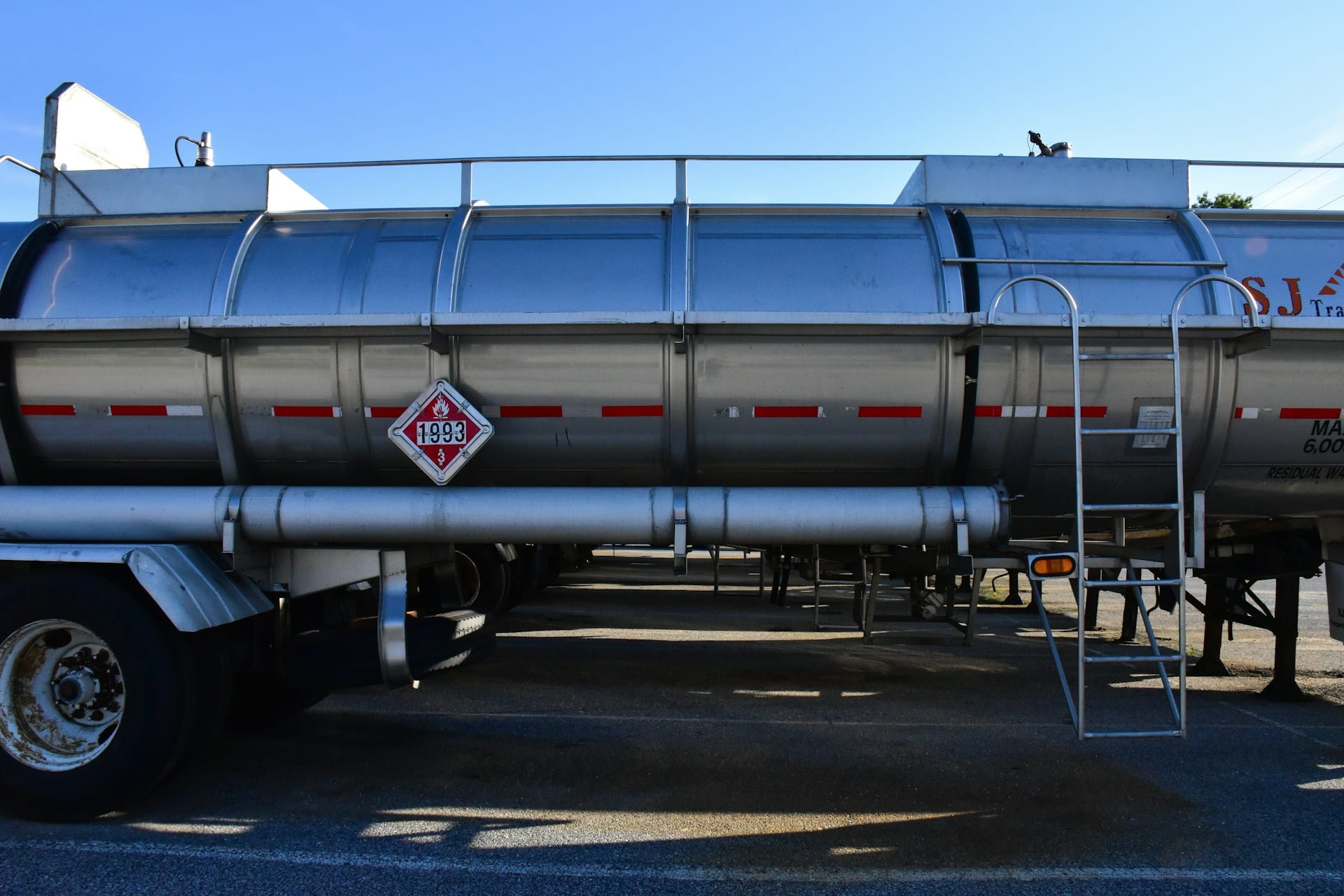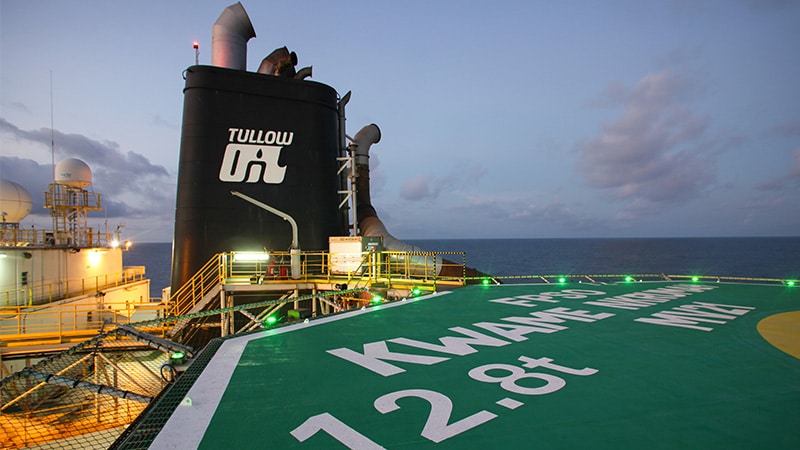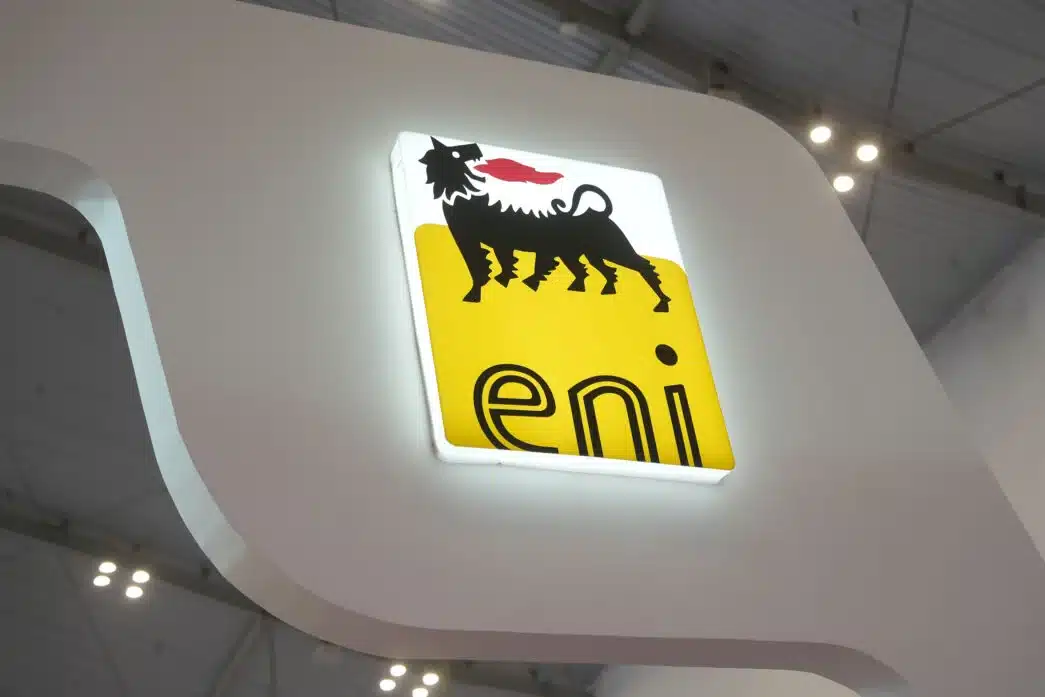East African country, Mozambique, has started producing its first locally made liquefied petroleum gas (LPG), popularly known as cooking gas.
The development marks a shift in the country’s long-standing dependence on imported LPG.
The integrated energy company, Sasol, carried out the experimental loading on Tuesday, November 4.
The project is part of ongoing efforts to harness the country’s natural gas more efficiently.
According to Sasol’s Managing Director in Mozambique, Ovídio Rodolfo, “this first loading of cooking gas represents the realisation of yet another step towards monetising natural gas within the country, creating greater value for the domestic market.”
Rodolfo added that the LPG is produced from natural gas extracted from the Inhassoro and Govuro reservoirs.
The company also notes that the experimental process goes through an industrial separation and treatment process that yields a cleaner fuel suitable for household and commercial use.
Local production still lags domestic potential
Mozambique holds some of Africa’s largest natural gas reserves.
Yet the country still relies heavily on gas imports for cooking and industrial activities.
A large share of the gas currently produced is exported, while domestic utilisation remains low.
International companies such as TotalEnergies, ExxonMobil and Eni are working to set up large gas processing and liquefaction facilities in the Rovuma Basin.
These projects aim to commercialise offshore gas for both regional and global markets. Progress has been slow in recent years due to security challenges and delayed investment decisions.
Recently, Total lifted a force majeure on its $20 billion proposed LNG project in the Cabo Delgado province.
The decision follows joint military efforts by Mozambican forces, Rwandan troops, and the Southern African Development Community (SADC), which have helped restore a measure of stability to the region.
Sasol’s PSA project and power supply link
Sasol Petroleum operates the Production Sharing Agreement (PSA) Project in central Mozambique.
The project includes the production of about 4 000 barrels per day of light oil and 23 petajoules of natural gas.
Part of this gas is allocated to supply the Temane Thermal Power Plant, which generates about 450 megawatts of electricity for domestic consumption.
The completion of the first LPG loading is a key milestone in the commissioning of the new infrastructure.
Preparations for its official inauguration are now in their final stages.
Once fully operational, the project is expected to increase the availability of locally sourced cooking gas and reduce the pressure of imports on household energy costs.








